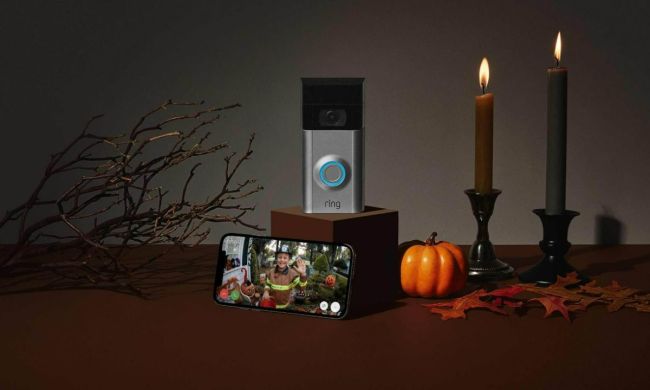Google’s Nest may be getting ready for a big push into marketing smart home products and services to seniors, according to CNBC.
Sources familiar with Nest’s plans told CNBC the company is considering various avenues to support older people who would rather stay in their own homes than move to assisted living facilities. The “aging in place” concept depends on communication and event detection technologies such as those produced by Nest and other groups in the Google Home division.
Google Home and Nest may not have focused on the senior market originally, but the large and growing number of people in the U.S. who wish to remain independent as they get older presents an opportunity the company may not want to pass up.
More about aging in place
- Presence Pro Care wants to fill your parents’ home with sensors to keep you connected
- Retirement looks even better with Serenbe, the community of the future
- Uber proposes mobility services to assist older riders
Sources told CNBC that Nest has been talking with experts in aging, and with senior living facilities, about various ways in which its products could benefit seniors.
Nest motion detection sensors can track behavior and take appropriate actions such as turning on interior home lights to help seniors’ vision as they move about the house. Other examples include notifying remote family members or caregivers if an older person is sedentary most of the time or moving about too often when temperatures are excessively high.
According to CNBC sources, Nest also may be exploring technology to predict falls by developing algorithms that analyze motion data looking for specific patterns and changes.
Falls are the most frequent cause of injury and death from injury among people 65 and older in the U.S., reports the Centers for Disease Prevention and Control (CDC). Each year more than one of every four seniors falls, but fewer than half of the falls are reported. A combination of Google Home and Nest products could help detect falls and alert caregivers or emergency services.
Stating that Nest’s conversations with aging experts are increasing, CNBC’s sources stressed that proposed product concepts for seniors are not commitments. However, Yoky Matsuoka, Nest chief technology officer, is speaking about technology impacting aging at a major conference this fall. Also, Grant Wedner, the Nest executive heading up the senior market exploration, has a background in healthcare design projects and studied aging while at his former company, design consulting firm IDEO.



